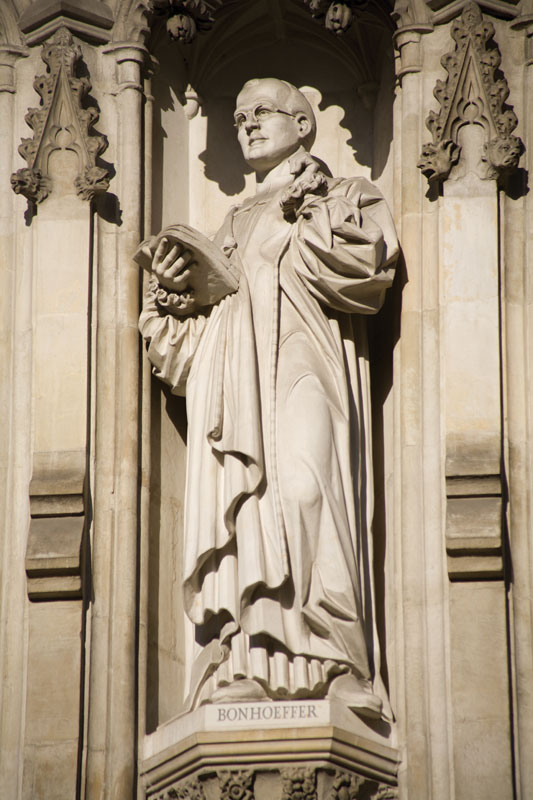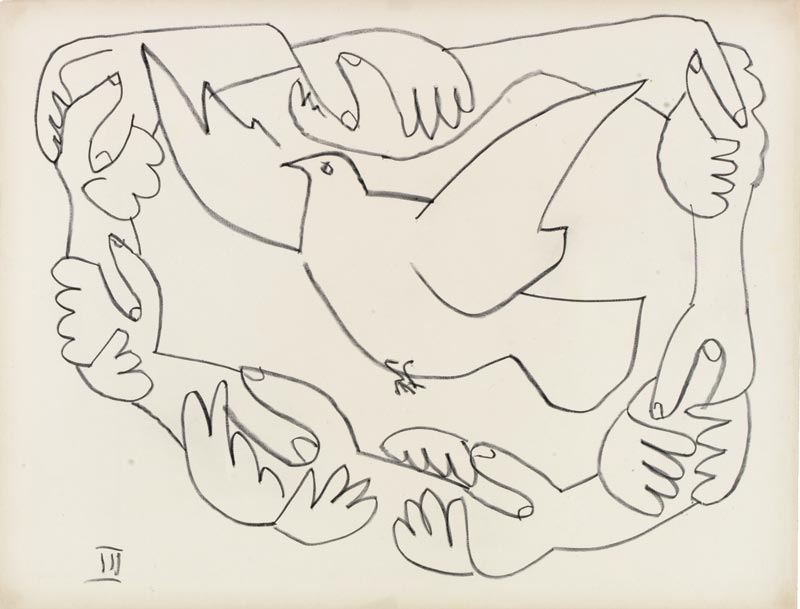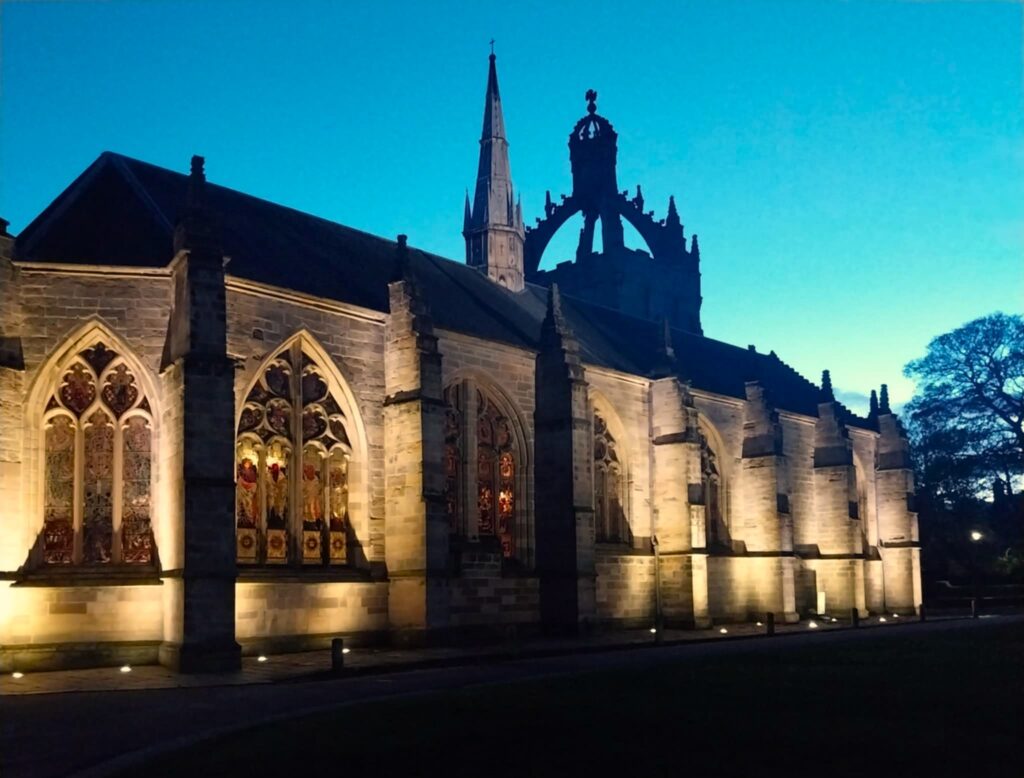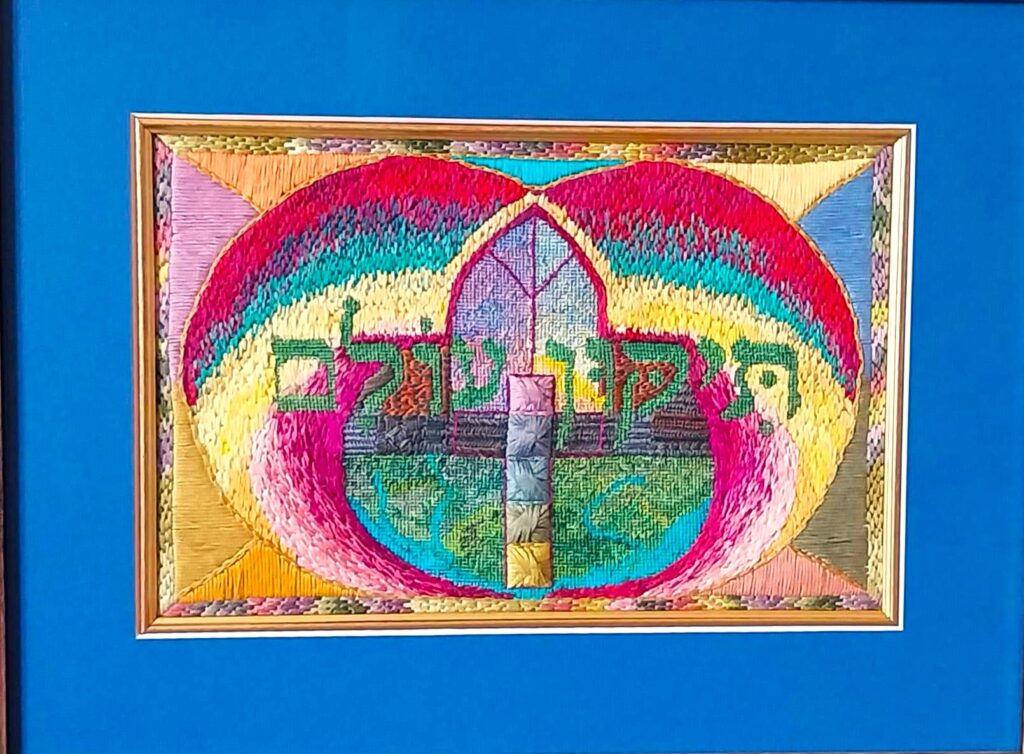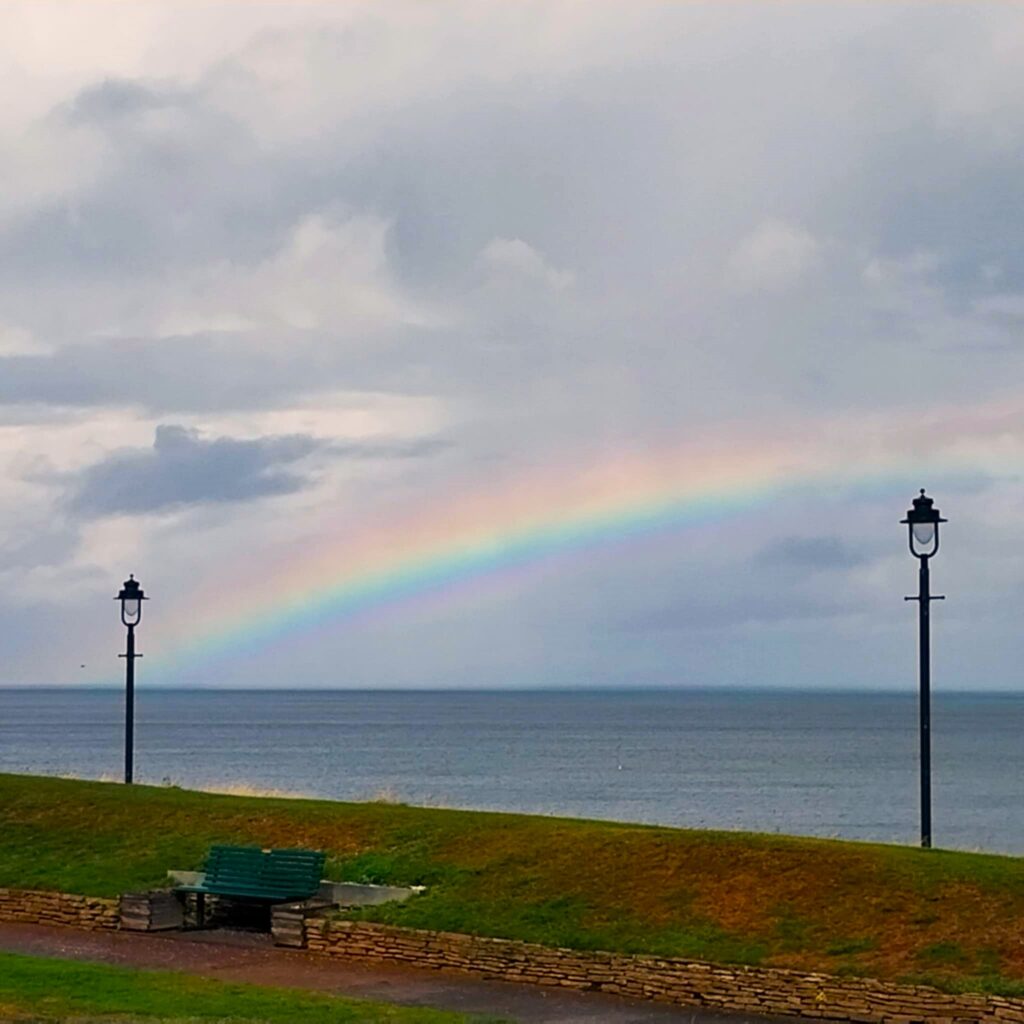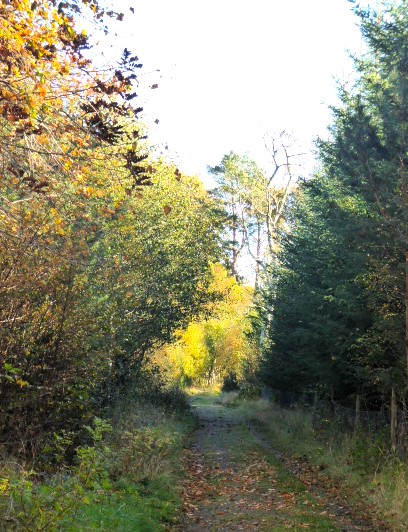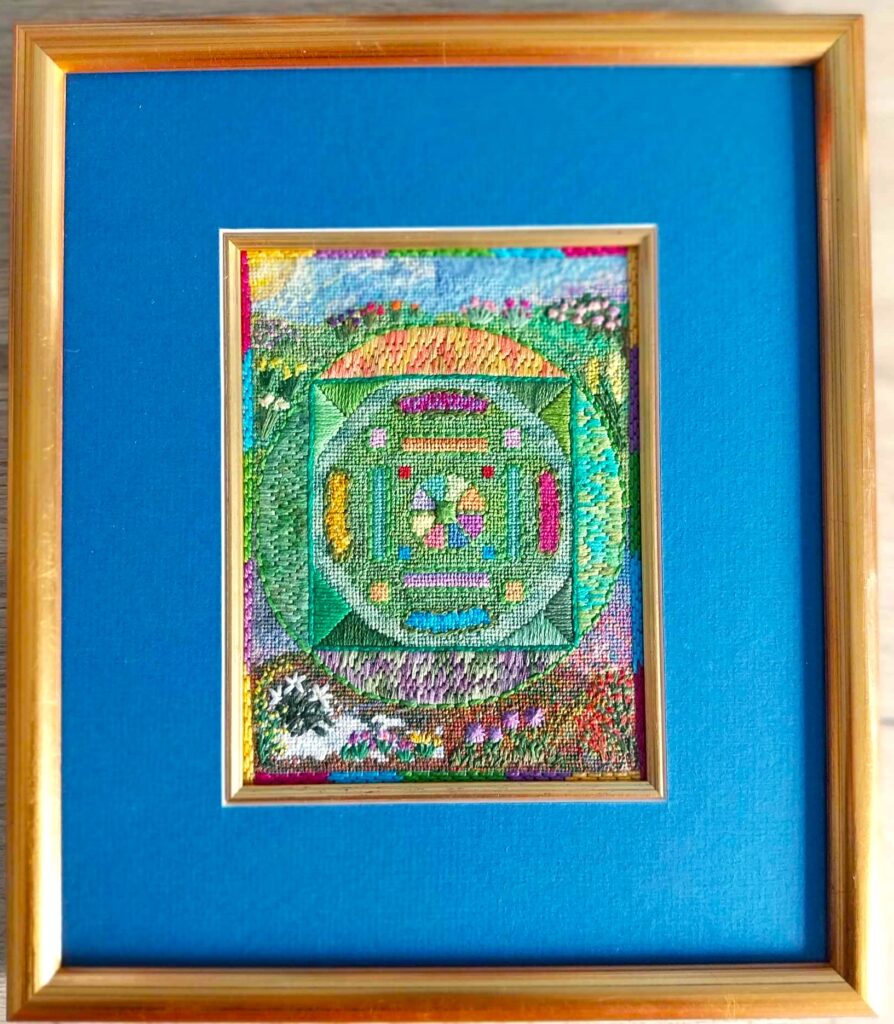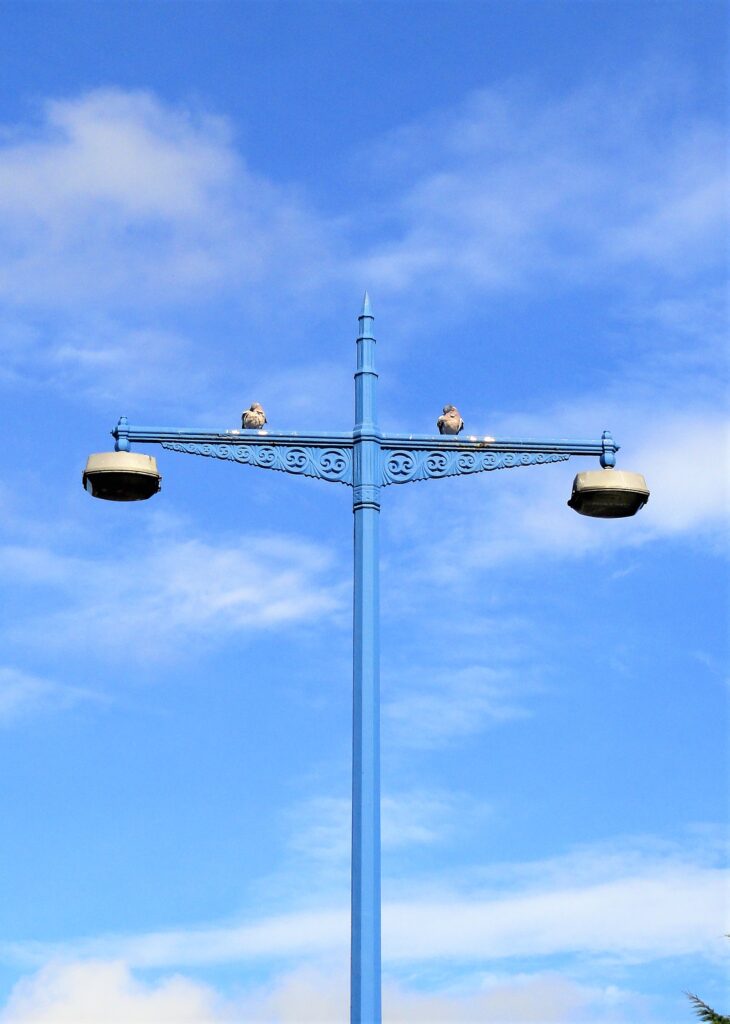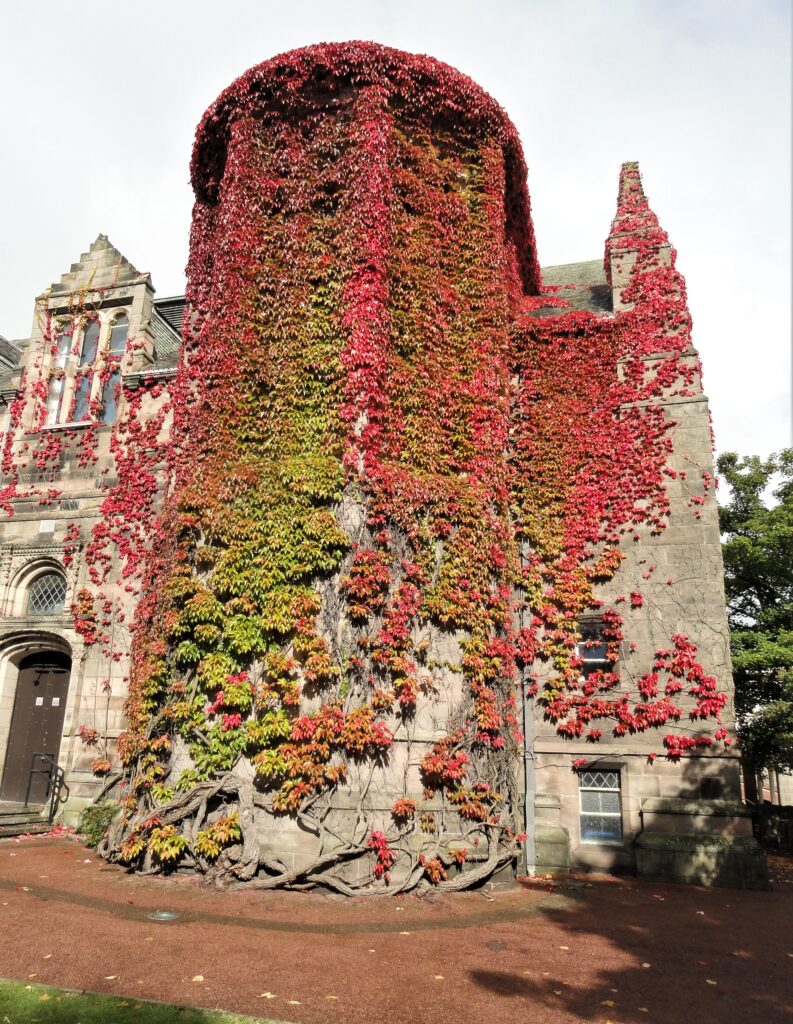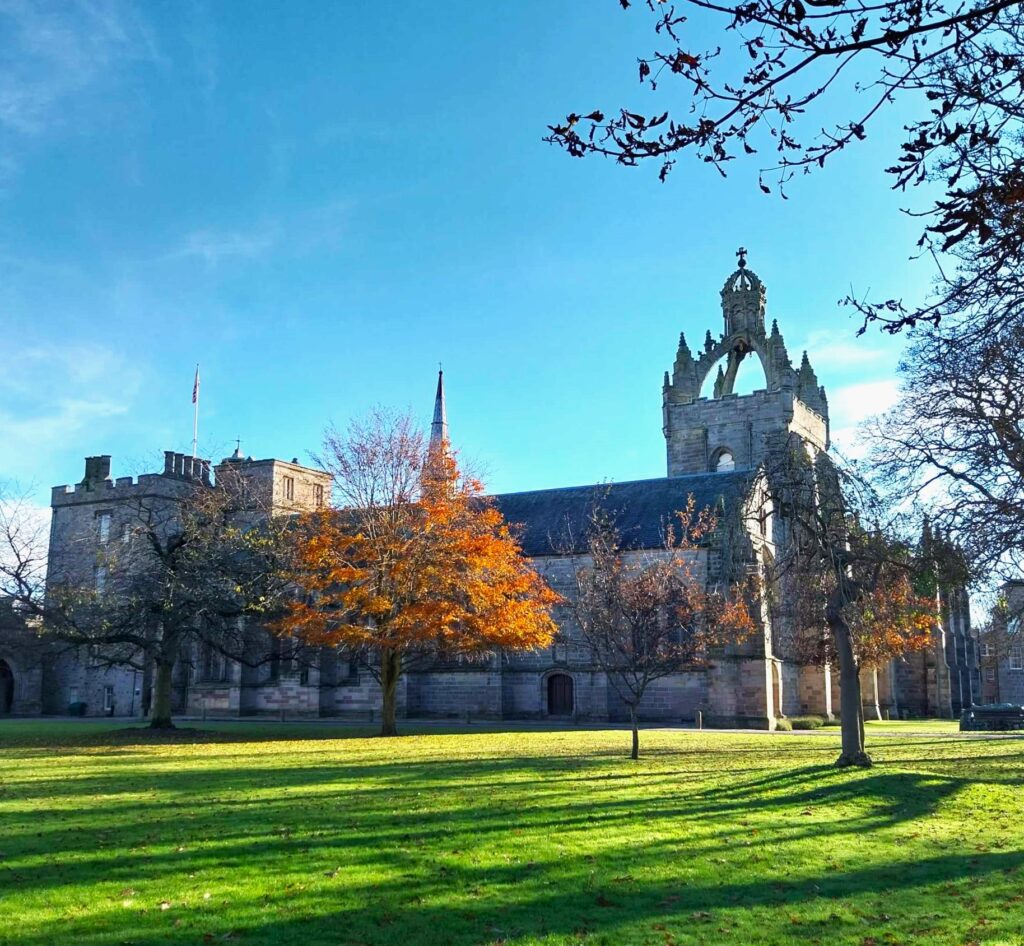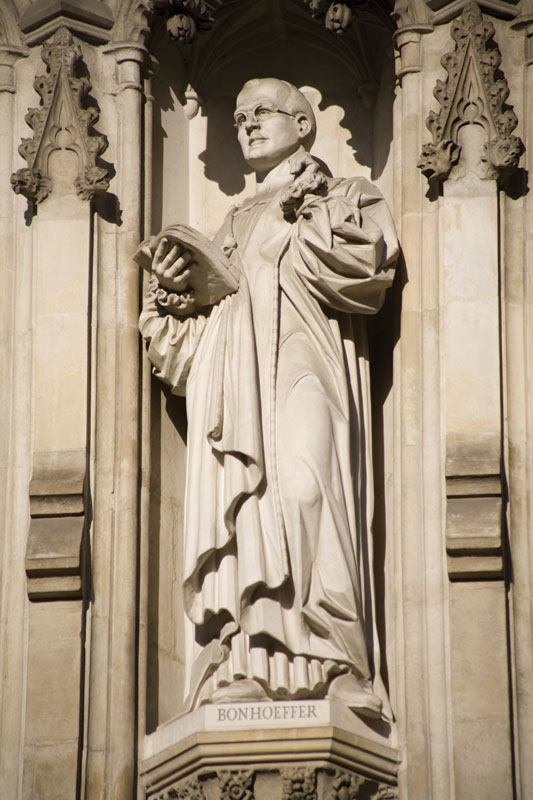
The life and thought of Dietrich Bonhoeffer persists as an essential and critical voice even eighty years after his death. There are so many reasons to pay attention to the occasional writings and speakings of Bonhoeffer; but in our time of fractious politics, slow and sometimes blatant power grabs, growing support for right wing populism and uncritical adulation of the strong leader, it is the radically uncompromising call and cost of discipleship in following Jesus that challenges Christian communities to decide where ultimate allegiance lies. This is Bonhoeffer the pastor, preaching a Confirmation sermon in 1938. The date is essential context, and the words are explosive in their political as well as theological and spiritual reverberations:
“You have only one master now…But with this ‘yes’ to God belongs just as clear a ‘no.’ Your ‘yes’ to God requires your ‘no’ to all injustice, to all evil, to all lies, to all oppression and violation of the weak and poor, to all ungodliness, and to all mockery of what is holy. Your ‘yes’ to God requires a ‘no’ to everything that tries to interfere with your serving God alone, even if that is your job, your possessions, your home, or your honour in the world. Belief means decision.”
Preached to young Christians facing what we now know as life in one of the most violent, lethal and merciless regimes in European history. The use of the word “master” is likewise laden with intentional contrast, and implies an either-or from which there can be no compromising third choice. One master. Who is it to be? Yes to God means ‘no’ to all other powers demanding final loyalty of mind, heart, soul and body. Belief means decision, not only one single decision after which it is business as usual; but a confirming decision that means all other decisions take their direction from that living and central commitment to Jesus Christ.
What makes Bonhoeffer such a necessary discomfort to those who are at ease in Zion is his reiteration of the radical, risk-laden demands of the Gospel of Christ. Earlier translations of his book on discipleship were titled, The Cost of Discipleship. The critical edition is more accurate in the technical sense of the one word title: Discipleship. However commendable that title, it remains the case that Bonhoeffer’s relentless emphasis on the nature of Christian following of Jesus focused on the cost of discipleship. That cost was inevitable and the sine qua non of faithfulness to God, and the authenticating hallmark of a life following the way of Jesus Christ, bearing a cross and headed for Calvary.
The words from the confirmation sermon were not intended as comfortable invitation to convenient respectability, but as warning and call to a lifestyle and inner orientation at odds with all that is at odds with the way of Jesus. In other words this ongoing ‘yes’ compels a recurring ‘no’ to all that demands a different loyalty to alternative values and competing life goals. The life goal of the disciple is to be faithful to Christ, the values are rooted in the commitment of God in Christ to a reconciled world, and that ‘Yes’ carries within it a lifelong capacity for saying no; and Bonhoeffer is explicit in what is to be contradicted.
“God requires your ‘no’ to all injustice, to all evil, to all lies, to all oppression and violation of the weak and poor, to all ungodliness, and to all mockery of what is holy.”
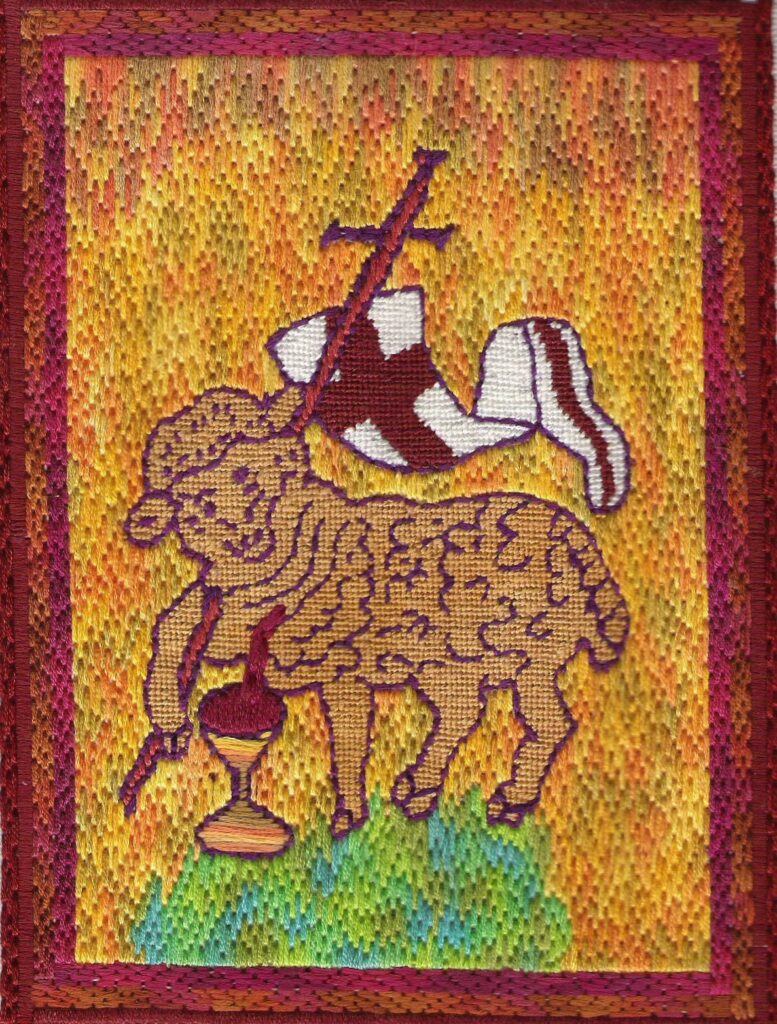
Those words are freighted with responsibility for the way we live our lives in the 2025 world of political and social divisions. One of the more easily overlooked features of contemporary life is the mockery of what is holy. That isn’t new either, it was a social toxin flowing through the veins of National Socialism and its effect was the weakening of the immune system, making minds and wills less receptive and increasingly resistant to moral values of human worth, dignity and fundamental rights.
The mockery of what is holy is a theological version of the cliche ‘nothing is sacred anymore’. But when that which one group in society reveres and holds as of essential value to their lives is mocked, ignored, or treated as trivial, the result is a dangerous diminishing of human capital and ethical safeguards. Bonhoeffer saw that happening over the years before the 1938 sermon. The mockery of what a society has deemed to be holy, pushes back boundaries and rewrites in coarser and less humane language what is acceptable, decent and for the common good. Eventually people themselves, those who hold on to what is holy and to be respected by consensus, are themselves mocked, diminished, and devalued.
At that point Bonhoeffer could see with prophetic clarity, the fundamental Yes to God which orients the whole of life, demanded a faithful No to all in life that contradicts justice, goodness, truth, freedom, care for the weak and poor, and reverence for the holy. Yes implies No. You cannot serve God wholeheartedly and something else at the same time. The criterion for the Christian is the cross of Christ, a dying to all other claims on our will, conscience, heart, mind and body.
I find these words of Bonhoeffer so uncomfortably apt in 2025 Britain and beyond. But I know of no other way to be faithful to the fundamental Yes I’ve said to God as a Christian, than to say with continuing conviction, and with relentless faithfulness, No. No to words that are lies. No to policies which humiliate and threaten the poor. No to policies of injustice and callous disregard for refugees and immigrants. No to hostile environments, to racism and antisemitism. No to the abuses of power when it is used to remove the very levers put in place to hold power accountable. No to the rhetoric of division. No to the deifying of capital, money, wealth, stuff and its consequent global inequity. And No to the laying waste of the only planet we have, in pursuit of all the above.
And in all those sayings of No, those who follow Jesus faithfully in the 21st Century do so fully recognising that the cost of discipleship is stated very plainly. Say Yes to God, and you say No to much else that is taken for granted as the way the world works.
(The sermon ‘The Gift of Faith’, was preached on April 9, 1938. See The Collected Sermons of Dietrich Bonhoeffer, (ed) Isabel Best, (Minneapolis: Fortress, 2012, pp. 201-206)

